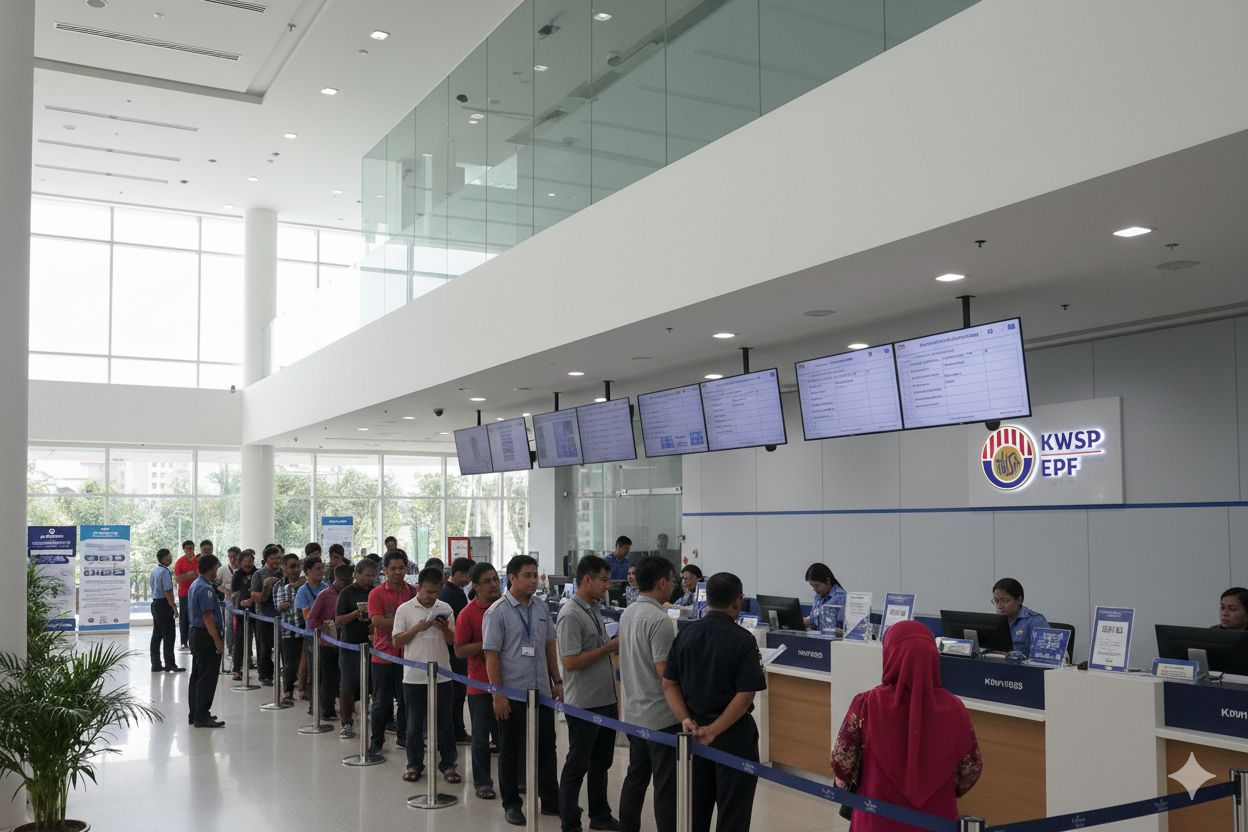Starting this month, foreign workers in Malaysia are required to contribute to the Employees Provident Fund (EPF), following the enforcement of the Finance Act 2025.
Under the new rule, all documented non-Malaysian employees must contribute 2% of their monthly wages, while employers are also required to contribute 2% on behalf of their foreign staff.
This marks the first time EPF contributions are made mandatory for foreign workers in Malaysia. Previously, participation in EPF was optional for this group.
Why This Matters
- Better retirement security – Even though most foreign workers may eventually return to their home countries, the EPF savings offer them better financial protection during their employment period in Malaysia.
- Level playing field for employers – With contributions now standardized, companies must factor EPF payments into payroll costs, reducing discrepancies between hiring locals and foreigners.
- Compliance requirement – Employers who fail to register and contribute for their foreign staff could face penalties under the EPF Act.
What Employers Should Do
- Register foreign employees with EPF immediately (if not already done).
- Deduct 2% from employees’ wages monthly.
- Match with 2% employer contribution and remit to EPF before the due date.
- Keep records to ensure compliance with the new regulation.
Looking Ahead
The move is expected to strengthen Malaysia’s social protection framework and align with the government’s efforts to create a more sustainable workforce policy. While the contribution rates are lower than the standard rates for Malaysian citizens, it sets an important foundation for financial inclusion among foreign workers.
✅ Need help understanding how these new rules affect your business or personal finances?
At Leap Concept, we provide financial consultation, payroll advisory, and compliance checks to help both individuals and companies adapt smoothly to Malaysia’s evolving financial regulations.
📩 Contact us today to find out how we can assist you in staying compliant while optimizing your financial planning.





